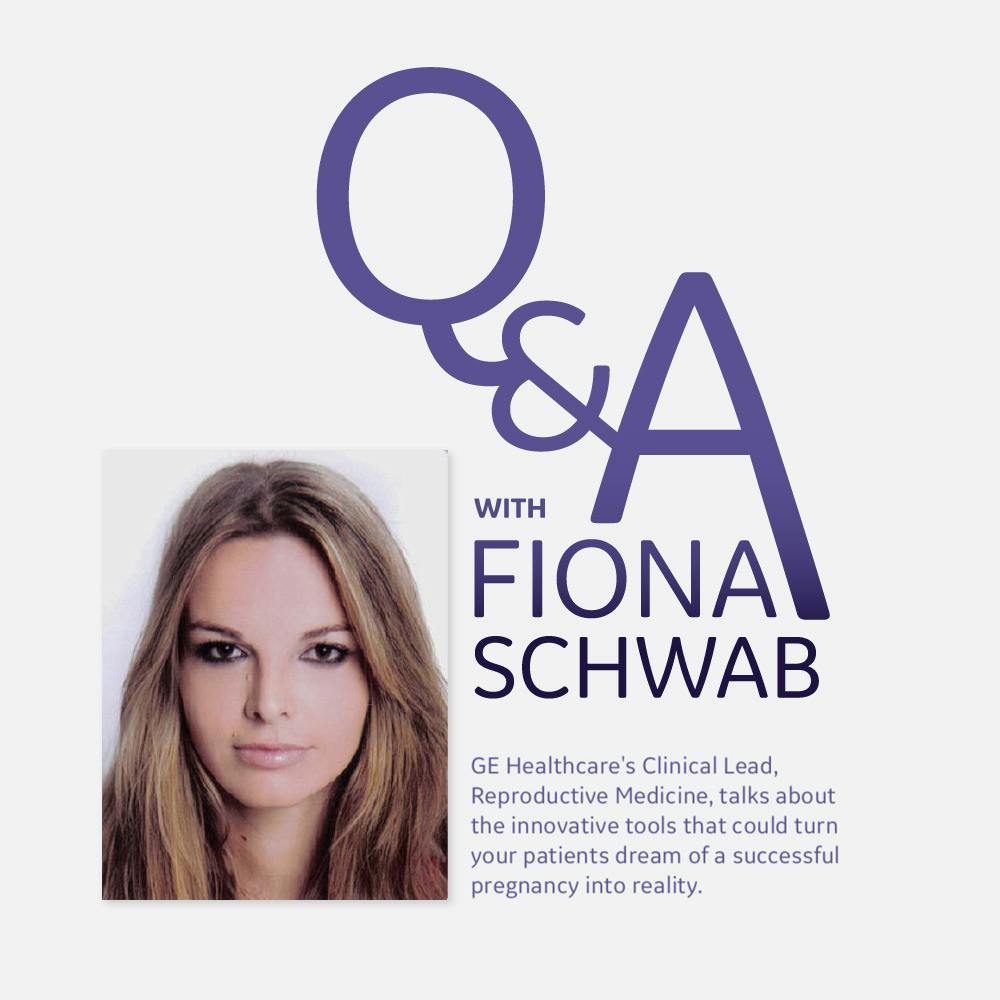Patients who become parents through assisted reproductive technology (ART) methods such as IVF may wonder about its long-term risks, especially the health consequences of exogenous hormones. They may wonder, does IVF cause cancer? And further, what about the possibility of their children developing cancer?
The Centers for Disease Control reports that 8 million IVF babies had been born by 2015. That number is expected to increase to as many as 200 million by the end of the century. If IVF truly puts babies at risk for childhood cancers, that's a lot of potentially sick children.
As is often the case, research on the subject is mixed. Fertility clinicians should stay up to date on recent studies on both sides of this issue.
The Argument for Increased Risk
A 2019 systematic review and meta-analysis published in the International Journal of Cancer examined 29 observational studies of ART and cancer, 13 of which were case controls. Of the 327,884 IVF babies included in the research, 578 developed cancer. The authors concluded that fertility treatment may be associated with childhood cancers, including leukemia, hepatic tumors, hematological malignancies and other solid tumors.
However, the ultimate reason for the increased risk remains unclear. It is possible that the cause of these cancers could be related to conditions that caused the parents' infertility rather than their fertility treatment. Despite these findings, the researchers advised patients to pursue assisted reproductive care, but with an awareness of the risks of IVF and its possible link to certain cancers in childhood.
A retrospective study published in JAMA Pediatrics in 2019 reached similar conclusions. Of the 275,686 IVF babies studied in that cohort, 321 developed cancers. Although the association was small — and the increased risk was mainly for rare cancers, including hepatic tumors — the authors suggested that further research in this area is necessary.
The Argument Against Increased Risk
In 2019, Human Reproduction published a cohort study with prospective follow-up of 24,269 Dutch IVF babies. These researchers concluded that children conceived through ART do not have an increased risk of cancer. However, they too recommended further studies, particularly to investigate children conceived from cryopreserved embryos or by intracytoplasmic sperm injection.
In a cohort study of 64,317 Israeli IVF babies published in Fertility and Sterility in 2018, the authors found no increased risk among IVF-conceived children compared to the general population. These results were similar to those of an older retrospective study published in Human Reproduction, which found no significant cancer risk with ART. Of 91,796 studied children conceived through ART, 181 developed cancer in childhood.
A British study published in Human Reproduction found an even lower risk for children born using donor ART: Of the 12,137 participants, only 12 developed cancer. This study was unique in that it was the first to examine the cancer risk of children conceived using ART and donated oocytes, sperm or embryos.
The Need for Future Research on Childhood Cancers
Although the research is not conclusive one way or another, the slim possibility of cancer should not steer patients away from seeking fertility treatment any more than it should convince them to avoid having children at all. However, future research is needed to determine the specific underlying reason for any perceived association between ART and childhood cancers.




